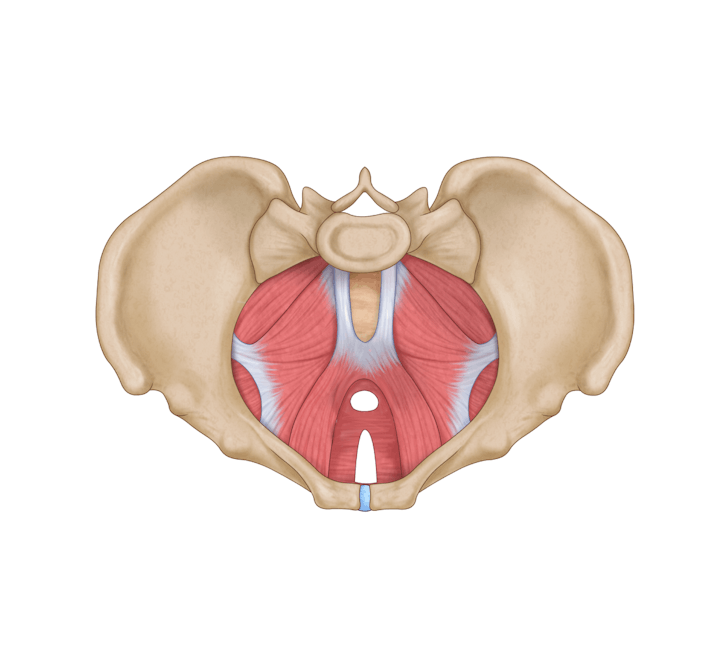Evidence based & Lasting results
There is Level I/ Grade A evidence (the strongest level of evidence available) in research supporting the effectiveness of pelvic floor physiotherapy. Treatment comes with little to no risk or side effects. Research recommends pelvic floor physiotherapy, before surgical consultation or medication, for various conditions.








